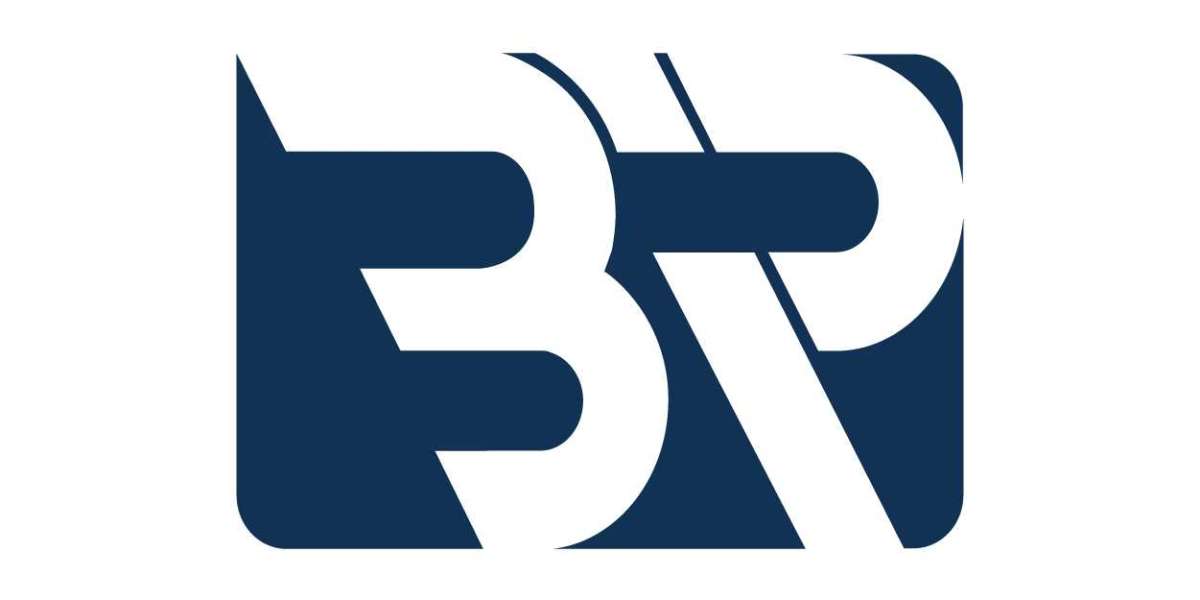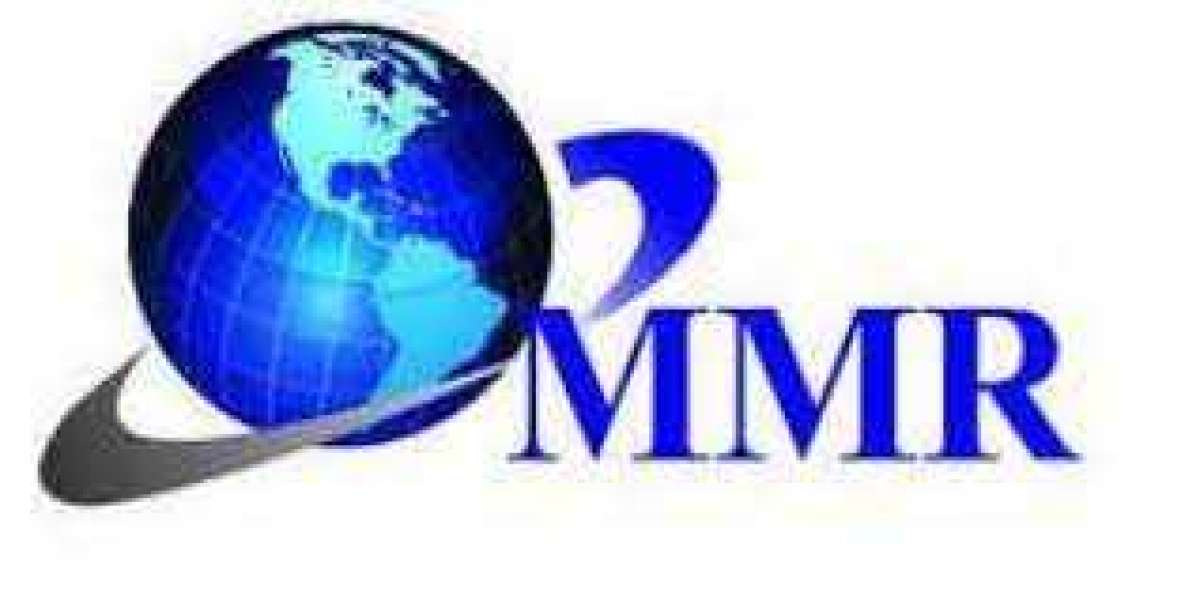- Overview of the Healthcare BPO Industry:
Healthcare BPO is a type of business process outsourcing (BPO) that involves contracting services related to healthcare, such as medical coding and billing, insurance claims processing, patient management, medical transcription, and medical record management. Healthcare BPO services may be provided onshore, offshore, or a combination of both.
Healthcare BPO Market is a rapidly growing industry, with the global market expected to reach USD $468.5 billion by 2026. Factors driving growth include the increasing complexity of healthcare services, the need for cost savings, and the adoption of technology-driven solutions. Additionally, the rising demand for healthcare services, the growth of the aging population, and the increasing need for quality healthcare are all contributing to the growth of the healthcare BPO industry.
- Types of Healthcare BPO Solutions:
- Medical Billing and Coding Solutions: This type of BPO solutions includes services such as medical claims management, coding, billing, and accounts receivable management.
- Medical Transcription Solutions: This type of BPO solutions helps medical facilities to convert medical documents such as medical recordings, notes, reports, and records into text.
- Clinical Data Management Solutions: This type of BPO solutions helps healthcare organizations to manage, analyze, and store their clinical data.
- Healthcare Analytics Solutions: This type of BPO solutions helps healthcare organizations to analyze data and make better decisions.
- Patient Engagement Solutions: This type of BPO solutions helps healthcare organizations to engage with patients through digital channels and provide better services.
- Telemedicine Solutions: This type of BPO solutions helps healthcare organizations to provide telemedicine services to their patients.
- Revenue Cycle Management Solutions: This type of BPO solutions helps healthcare organizations to manage their revenue cycles and maximize their profits.
- Benefits of Outsourcing Healthcare BPO Market Services:
- Cost Savings: Outsourcing healthcare BPO services can help healthcare organizations to reduce operational costs and achieve greater operational efficiency.
- Access to Expertise: By outsourcing healthcare BPO services, healthcare organizations can gain access to experienced personnel, resources and technology to improve their business processes and performance.
- Improved Quality: By outsourcing healthcare BPO services, healthcare organizations can benefit from improved data accuracy, better compliance and process control, faster turnaround times, and higher quality output.
- Flexibility: Outsourcing healthcare BPO services can provide healthcare organizations with the flexibility to scale up or down depending on their needs.
- Focus on Core Activities: Outsourcing healthcare BPO services can help healthcare organizations to focus more on their core activities and less on administrative tasks.
- Challenges in the Healthcare BPO Industry:
- Regulatory Compliance: Healthcare BPO services must operate within the boundaries of strict regulations and regulations that are constantly changing. The healthcare industry is highly regulated and is subject to frequent changes and updates. To remain compliant, BPOs must stay up to date with the latest regulations and ensure that all processes and procedures are compliant.
- Security of Data: Healthcare data is highly sensitive and must be protected from unauthorized access and manipulation. BPOs must have robust security measures in place to ensure that all data is secure and confidential.
- Cost Efficiency: As with any service, cost efficiency is an important factor when it comes to selecting a BPO provider. Healthcare BPOs must be able to provide cost-effective solutions while still meeting all compliance requirements and maintaining quality standards.
- Quality Assurance: Quality assurance is essential in the healthcare industry. BPOs must ensure that all services and processes are of the highest standard and that any mistakes or errors are quickly addressed.
- Automation: Automation is becoming increasingly important in the healthcare BPO industry. Automation enables BPOs to provide faster and more efficient services, while also reducing the risk of errors.
- Future of the Healthcare BPO Industry:
The global healthcare BPO industry is expected to experience strong growth in the coming years as healthcare organizations continue to outsource more of their administrative and operational tasks. The growth of the industry is driven by the need to reduce costs, comply with regulatory requirements, and increase efficiency. As technology continues to improve and become more accessible, the healthcare BPO industry is expected to benefit from increased automation and the ability to provide more accurate and timely services.
The industry is expected to see an increased demand for data-driven solutions to improve the quality of healthcare services. This could include the use of predictive analytics to help identify potential risks, as well as the use of artificial intelligence to provide more personalized care. Additionally, the industry is likely to see an increase in the use of cloud-based solutions to help streamline processes and reduce infrastructure costs.
In conclusion, the healthcare BPO industry is expected to experience strong growth in the coming years, driven by cost savings, compliance, and increased efficiency. As technology evolves and becomes more accessible, the industry is likely to benefit from increased automation and the ability to provide more accurate and timely services.
Healthcare BPO Market Share, Regional Outlook, Sales Statistics, Research Insights and Overview 2027








